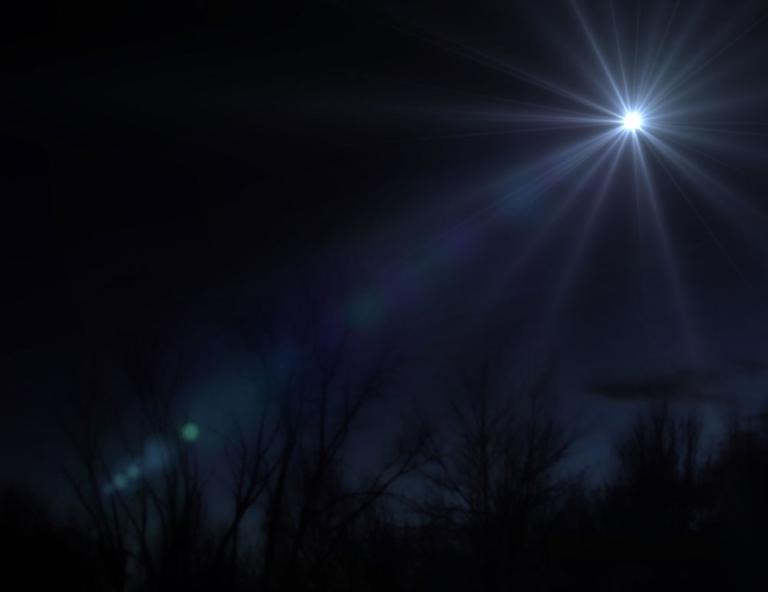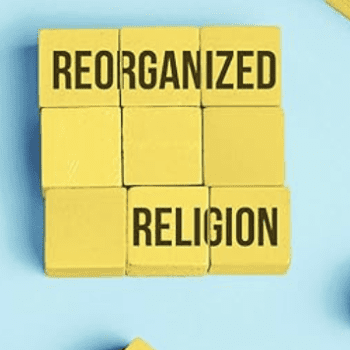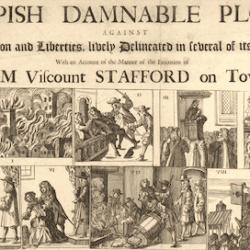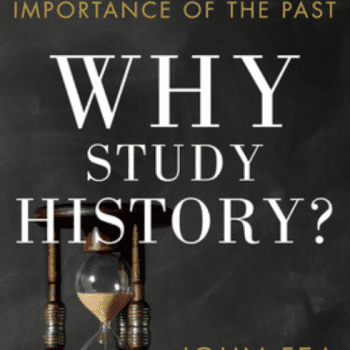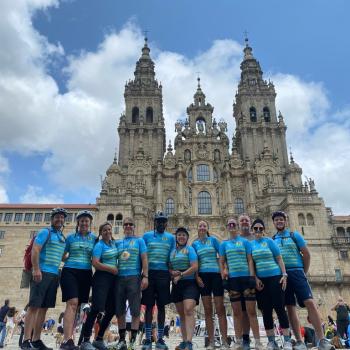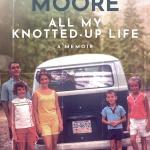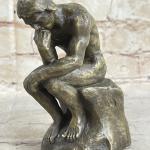“In the beginning the Word already existed. The Word was with God, and the Word was God. . . . The light shines in the darkness, and the darkness can never extinguish it.” John 1:1–13 is the Christmas story according to the Gospel of John. It was written for an audience that was already Christian, so maybe they didn’t need to be reminded of all the stories of Jesus becoming a baby. They are introduced to Jesus with a hymn though—a reminder that the Person, Jesus, who they all followed, was also the Creator. It was a promise that all light comes from Jesus, even that tiny bit of light that shines in the darkness—and that the dark hasn’t overcome it—in fact, the dark might not be the enemy. God is equally the God of the light and the dark.
It’s also interesting that the “Word” as Christians often understand it today with a “capital” W, is often thought of as the Bible. But for most of history, before the time of Jesus, God’s people had encountered the Word, orally. It was spoken to them by their mothers, by the prophets, occasionally by priests or kings. They were told the words of God, told the stories. Now we see the Word primarily as text.
But at Christmas, we are confronted with the fact that the Word is the Being, the Person, the God-Man Jesus, born in Palestine more than 2000 years ago. This changes things. The God of the universe was a baby—the primary way God reveals Himself to us is shown to be in the person of Jesus. The great Creator, who made it all, who made light and darkness alike, came to walk in the world.
Life is the light of all things and people. The Life given by God. Life itself. Sometimes it is only when we are stripped of all the glaring lights, sounds, contexts, things around us that make us feel like we are “acting” as humans that we can actually connect with the Word, who came from the beginning; who is the life in us.
“God sent a man, John the Baptist, to tell about the light so that everyone might believe because of his testimony” (John 1: 6–9). The role of Jesus’s cousin, John, was in bearing witness to him. He witnessed the light of God so that through him people might believe. But let’s not forget what happened to John: he testified that he must decrease so that Jesus would increase. He died in prison, doubting whether or not he had testified to the right thing. He was in the dark and accepted it. He had done what he needed to do, even though he had none of the world’s accolades for it.
The gospel of John goes on to highlight how much work John did to declare the gospel. He was the first person to call Jesus the son of God—to declare that Jesus was not just the declarer of the Kingdom, but Himself embodied the light that all need.
And yet.
John died in a terrible way, as the butt of a joke. And still Jesus said no greater man was born of woman. He learned to walk in the dark, declaring that he had seen the light, and that even in the dark, it was with him.
I think this is what Barbara Brown Taylor is asking of us in her book Learning to Walk in the Dark. We can choose to lean into the times that we might normally call “dark”—the bad times. We can choose the intimacy of listening to the presence of God in those times. Sometimes the brilliance of the full sun impedes our ability to sense beyond sight. We need to listen and smell and touch and the darkness can enhance this.
John goes on to explain further:
He came into the very world he created, but the world didn’t recognize him. He came to his own people, and even they rejected him. But to all who believed him and accepted him, he gave the right to become children of God. (John 1:10-13)
This is a list of paradoxes or what appear to be opposites or contradictory statements about Jesus’s work and place in the world. This is an inclusive salvation—not just for “his people,” but for everyone who is in the world. Jesus made the world, but the world didn’t receive him or recognize him. But even though they are all his children, it is those who recognize him who are the ones that got to be specifically called children of God.
The language here is really interesting—contradicting the traditional way of biological belonging and patriarchy, where men/husbands got to decide whether children were kept in the family or not. Instead, Jesus brings in a new way of being children, where we are chosen by God, if we will recognize it. I belong to a family formed through adoption. And the adoptions in our family were frequently of children who are older, not babies. In these cases, as in all adoption cases, ultimately, the choice to be family is a two-way street.
My older brother came to our family through the foster care system. My parents were what was called emergency foster parents. If a child was taken from a dangerous situation in the middle of the night or had to leave some place immediately and there wasn’t a regular foster home for them, they came and stayed with us for up to 30 days till they had a more permanent placement. (At least that’s what they did in the 70s and 80s. Maybe there’s a more humane way to do things now). So, during that season of life, we had dozens of kids through our house, most of them for short periods of time. But my siblings Barbie and Marty were different. They started in the same way as the others, but then they chose us. They wanted to be a permanent part of our family.
The paradox is that we choose to become family and so we are. The option to be a family might be there, but it doesn’t become real till it is recognized. John here says that the light came for everyone, but not all want to see it.
Learning to walk in the dark, learning to receive what God is giving to me now, choosing those times to be attentive—this is one of the themes of Advent. There’s a reason that Christmas feels more Christmas-y in the seasons of dark. (I recognize this is Northern-Hemisphere-centric here.) We sense that the spark of the Word, the baby growing, God becoming flesh, is more real when we just see pin-pricks of light in the dark. When we have intimacy around the fire. We are attentive to the still small voice, to the quiet. We may share secrets and be better listeners. We are less distracted. We sit and sing or listen to music or breathe in the cold air and feel the fire and watch the candle flame flicker. There’s something miraculous about it all.
Christmas brings hope not because everything is going to be okay for everyone. Just ask John the Baptist. But it brings hope because the Word, the Light of all life, is given to all of us who can become children together. And sometimes it takes the darkness and quiet to be attentive to how that is happening inside us.


